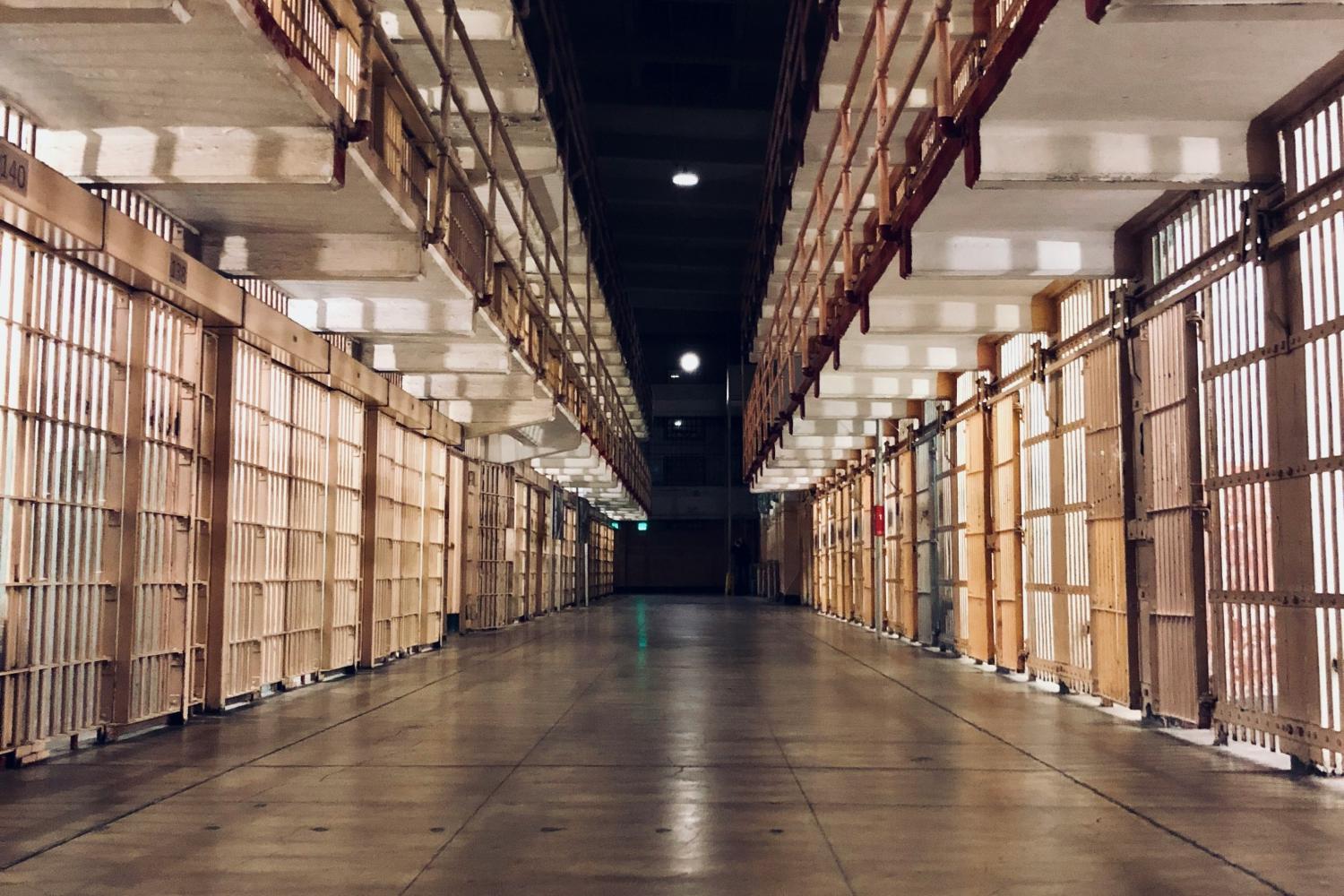
The use of the death penalty against prisoners continues to make headlines across the U.S. Twenty-four executions occurred in 2023, and another twenty prisoners have been executed this year, with four of them occurring in Missouri, Texas, Oklahoma, and Alabama respectively, during late September and early October. Among those executed recently was Marcellus Williams, who was put to death after the Supreme Court allowed the execution to continue, all while prosecutors continued to object to his conviction and others called for his life to be spared.
The use of the death penalty has longstanding biblical roots and has often been used as a safeguard to society against those who commit heinous crimes and as a deterrent for those who are considering crime. Yet despite its historical use, the Church remains committed to promoting the dignity of all human life, from conception until natural death. As such, we understand that the life of every prisoner is important, knowing that the opportunity for conversion is possible until the moment of death. We also recognize that our identity is not the total sum of our mistakes and that God offers inexhaustible mercy. Jesus made this clear as he hung upon the cross when he received the plea of the repentant thief and then said to him, “Today you will be with me in paradise” (Luke 23:43). This statement assures us that even on one’s deathbed, the opportunity for conversion and reconciliation are available.
Pope Francis has repeatedly called for an end to the death penalty. His passion for this topic was made clear in 2018 when he revised a passage of the Catechism of the Catholic Church (#2267), reminding the world to uphold the inviolability and dignity of each human person and work to abolish the execution of prisoners. Admittedly, the Holy Father recognizes that prison standards around the world are not equal and that governments vary in their ability to protect citizens against violent criminals. Nevertheless, newer technologies are making prisons safer and more secure, and our aim is still to view human life from God’s perspective, knowing that He alone is the giver and taker of life. As the Lord says in Deuteronomy 32:39, “There is no god beside me. It is I who bring both death and life.”
Families who have suffered horrific tragedies want justice to be served in the face of their loss and pain. As such, they often call for a maximum sentence to be delivered to those criminals who have deprived them of their loved ones, such as through murder. Yet the Gospel takes our desires beyond mere retributive justice and instead, seeks to surrender all things to the mercy of God so that a deeper unity may be achieved. As the late Cardinal O’Connor of New York used to say, killing people who have killed people does not stop the cycle of ending human life, it does not heal an unhealthy desire for vengeance, nor does it raise the dignity of each human person as society aims toward peace.
As calls to end the death penalty continue, the Church remains steadfast in protecting all human life. It might seem unfair to let violent criminals live long after their victims have perished. Yet the potential remains for grace to speak to the conscience of even the most hardened of criminals, as does the possibility of prisoners doing penance while awaiting God’s judgment. Though we cannot change the hurt that past crimes have caused, we can work to have all peoples and situations reconciled in God’s mercy.
Christ came to redeem all people and did so by shedding His blood on the wood of the cross. To assume that some people are outside of Christ’s redemptive reach is to put limits of God’s offer of forgiveness. It also creates a belief that certain people belong to the club of salvation while others are necessarily excluded because of their past actions. This dangerous type of thinking prevents us from realizing that everyone must approach the throne of mercy with the same words, saying, “Jesus, have mercy on me a sinner.”


